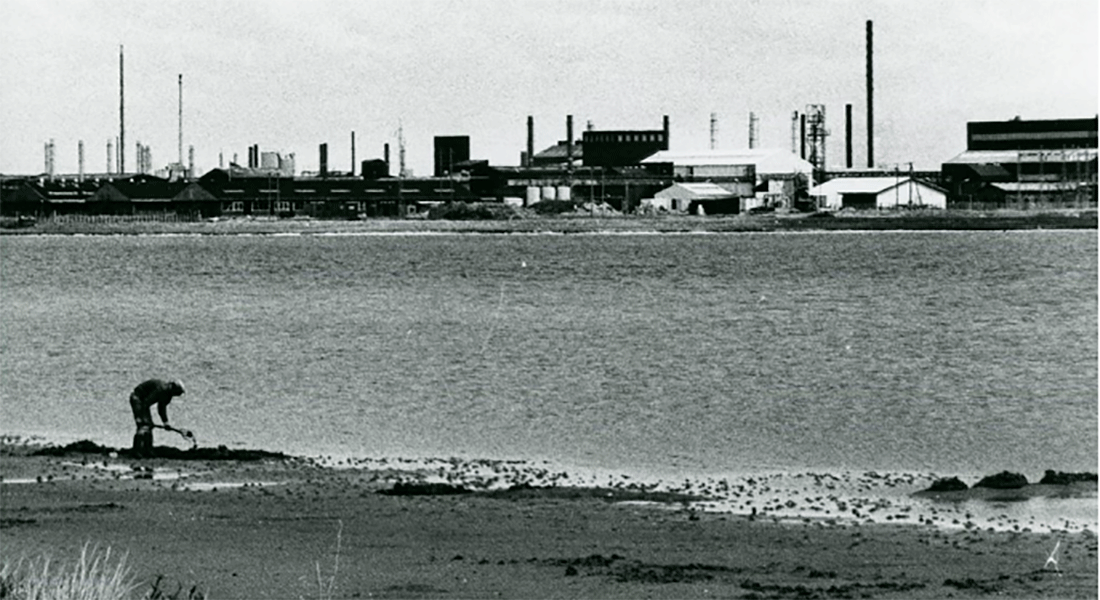Forurening: juridiske, historiske og litterære perspektiver
En panelsamtale mellem forfatter Liv Nimand Duvå, miljøhistoriker Sebastian Lundsteen Nielsen fra KU, og miljøjurist Bent Ole Gram Mortensen fra SDU. Professor i historie Niklas Olsen modererer samtalen.

I de seneste år har industrielle miljøskader præget nyhedsstrømmen og den politiske debat. Det gælder blandt andet Nordic Waste-skandalen, udledning af klimagasser og store mængder kvælstof fra landbruget og helt tilbage fra 1960érne og frem til i dag forurening fra kemikalie-virksomheden Cheminova på Harboøre Tange.
Men hvilken betydning det danske samfunds opbygning og selvforståelse som ”velfærdsstat” haft for den førte miljøpolitik og for befolkningens forskellige oplevelser af forurening?
I denne panelsamtale tager vi hul på en dialog mellem forskellige fagområder med henblik på at give andre perspektiver på forurening end den, som dominerer på Christiansborg og i den offentlige debat.
Vi tager udgangspunkt i spørgsmålet om, hvordan forurening forstås og adresseres inden for litteratur, historie og jura.
I panelsamtalen deltager forfatter Liv Nimand Duvå, der er aktuel med den anmelderroste roman ”Ned fra Himlen”, miljøhistoriker Sebastian Lundsteen Nielsen fra Københavns Universitet, og miljøjurist Bent Ole Gram Mortensen fra Syddansk Universitet. Professor i historie Niklas Olsen vil moderere samtalen.
About the event series
The Narratives and the Politics of Toxic Ecologies
This autumn, the Center for Applied Ecological Thinking invites you to a series of four public events on toxic ecologies, in which we’ll explore different ways of narrating and experiencing waste, pollution and contamination, and discuss the political dimensions of toxification and the resistance to it.
From PFAS to microplastics, from carbon to chemical byproducts, the world is increasingly wrapped in the scraps of industrial capitalism. Toxicity not only insinuates landscapes, ecosystems, water, air and bodies; it also affects imaginaries, psychologies and meanings. Contamination is distributed unequally, giving rise to environmental injustices. It creates social and ecological costs but also it is often the result of shifted or displaced economic costs: from private companies onto human and non-human bodies.
Public regulation struggles to contain, manage and remediate toxic sites and widespread pollution. The relative invisibility of contamination and its complex biochemical interactions with organisms often prevent democratic oversight. Yet, it has never been more necessary to augment society’s capacity to understand – in mind and feelings – toxification and its relationship with industrial modernity, to work out the narratives and the politics that can help us prevent the world from going to waste and support the dire needs for justice, reparation and regeneration.
In this series, through different media and approaches, we will delve into toxic ecologies both in Denmark and elsewhere, to confront the questions of how we know and how we act in a polluted global environment.
